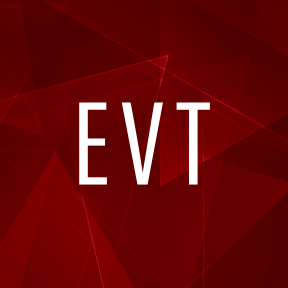There are a bunch of specialties involved in pain. Typically people do a pain fellowship from anesthesia and some from PmNR and less from VIR. They tend to see patients with pain syndromes. They diagnose and manage with pharmacologic (opiate and nonopiate medications/ gabinergic/ nsaids/tricyclics etc). They also provide injections (ESI,facet rhizotomy) and even pain pumps and spinal cord stimulators.
There are many who do spinal interventions (VIR, Neuro IR, MSK radiology, Neuroradiology, neurosurgery, Ortho, PmNR and anesthesia). These include vertebroplasty, kyphoplasty, spine jack etc.
There are VIR who also do ESI, facet rhizotomy, celiac blocks, hypogastric nerve blocs, pudendal blocks etc. The VIR also do Musculoskeletal interventions including ablation and cementoplasty with some venturing into Nails and screws. Also geniculate artery embolization is gaining popularity for osteoarthritis and even embolization of various joints. The key is to understand the clinical indications and non operative management of these conditions from an undifferentiated consult that arrives in your clinic.
Dr. Douglas Beall specializes in interventional musculoskeletal radiology, pain management and sports medicine imaging.
www.drdouglasbeall.com
Yuji Okuno gave an update on the status of musculoskeletal embolization for pain management and sports related injuries at the GEST Symposium this year.

interventionalnews.com




